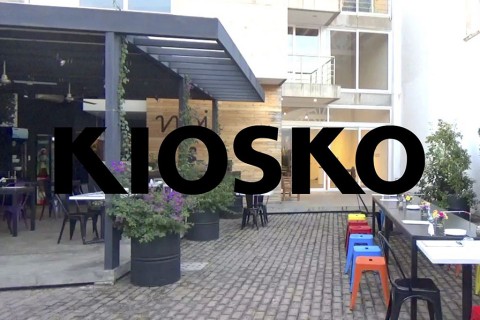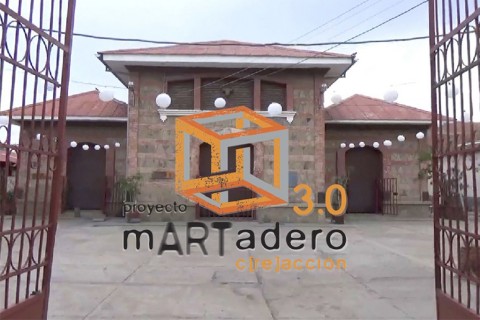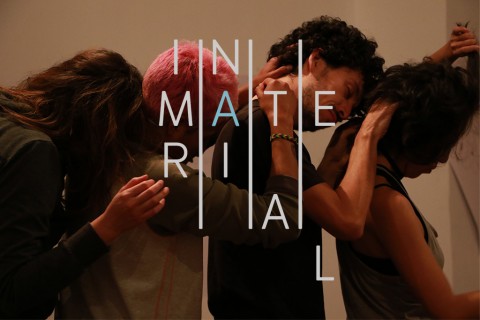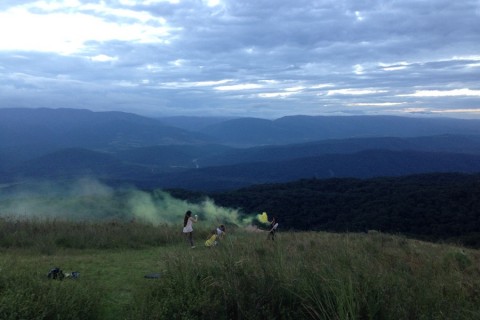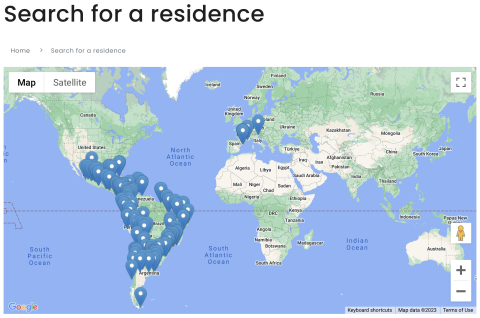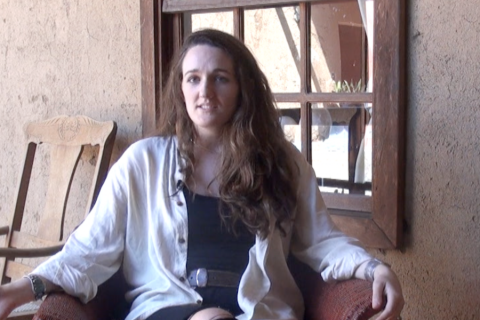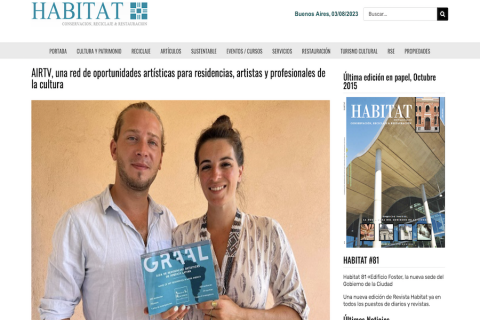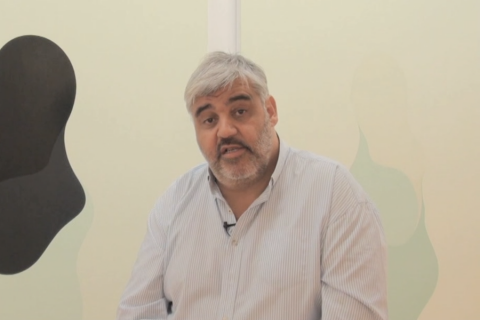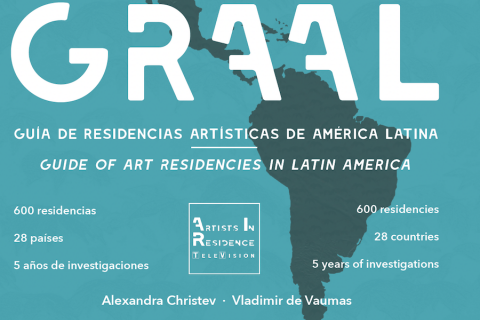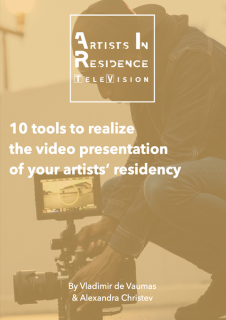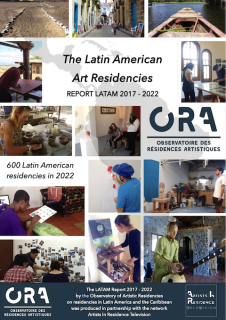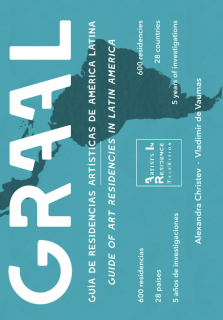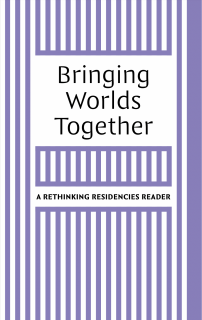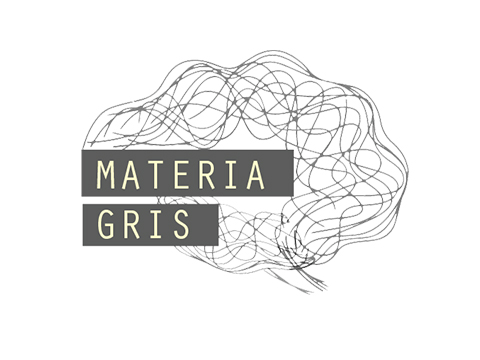
Materia Gris
Materia Gris is a cultural center created in 2014 by the Bolivian curator and art producer María Teresa Matecha Rojas in La Paz.
Based in the hostel Casa Matony, home to the photographic studio and historical archive of the famous photographer Tony Suárez, the project is dedicated to the investigation, exploration, production, and development of contemporary arts in Bolivia. The space organizes numerous cultural activities such as exhibitions, artists’ talks, street art sessions on its facade, workshops, as well as social events, notably since 2019 thanks to a collaboration with Movimiento por la Paz, an association working with human rights, democratic sovereignty, equality, and solidarity. Actively working in collaborative ways, the project has also built a strong network of institutions, cultural center, galleries, and cultural actors in Latin America and abroad.
In addition, Matria Gris, in partnership with Casa Matony, organizes an international residency program welcoming artists and curators from all over the world. The initiative is born from the founder’s will to invite international curators to experience and stimulate the local political, social, aesthetic, and spiritual context of the country, in order to strengthen the national cultural scene.
“I started to invite these Latin American and European curators to come to La Paz, see the city, and reflect on the possibilities. {…} Then, little by little, I realized that we now needed to invite artists, and so we brought these two groups together, and the residency was born as a state of experimentation,” explains María Teresa Matecha Rojas.
The program is an invitation to work on personal or collective projects, but always in contact with Bolivian artists to participate in a cultural exchange that would benefit both the visitor and the local art scene.
“It was no longer so important to generate an intellectual or theoretical basis {…} because this was going to come out of the experience of each artist {…} Because, although the Bolivian artist needed this space for reflection on his own context and visibility in the residency, which was the most important thing, the foreigner who came could have an approach to the culture, and in that way, serve as a projection for the Bolivian artist,” confides the founder of the residency.
Artists will be hosted in private or shared rooms, for periods of stay varying from three to four weeks, and they will receive daily meals. In addition, they may receive a scholarship or a stipend, depending on the nature of each artists’ project or residency programs. Participating artists will be introduced to local cultural and artistic actors, and they will have the opportunity to offer remunerated workshops to finance a part of their stay. In addition, they will be organizing talks, conferences, meetings, and a final presentation in the gallery space to share the processes or results of their researches.
“I find it a good residency because it is a space in which, through its director, you can get to know well the local scene. She links you with many people, not only artists but also managers, museum directors, not only from La Paz, but also from other cities in Bolivia. {…} This exchange allows this, that local artists, with international artists meet and realize that it doesn't matter if you are working in La Paz or from New York, there comes a time when your interests are the same. So, many artists meet with Bolivian artists and a dialogue, beyond production, arises there. I think that it is what is enriching about the experience,” confides Felipe Cura, artist in residence at Materia Gris.
Contact
https://www.facebook.com/profile.php?id=100083319282060&a0%2F%3Fref=pages_you_manage
Materia GrisHermanos Manchego #2467, La Paz, Bolivia


